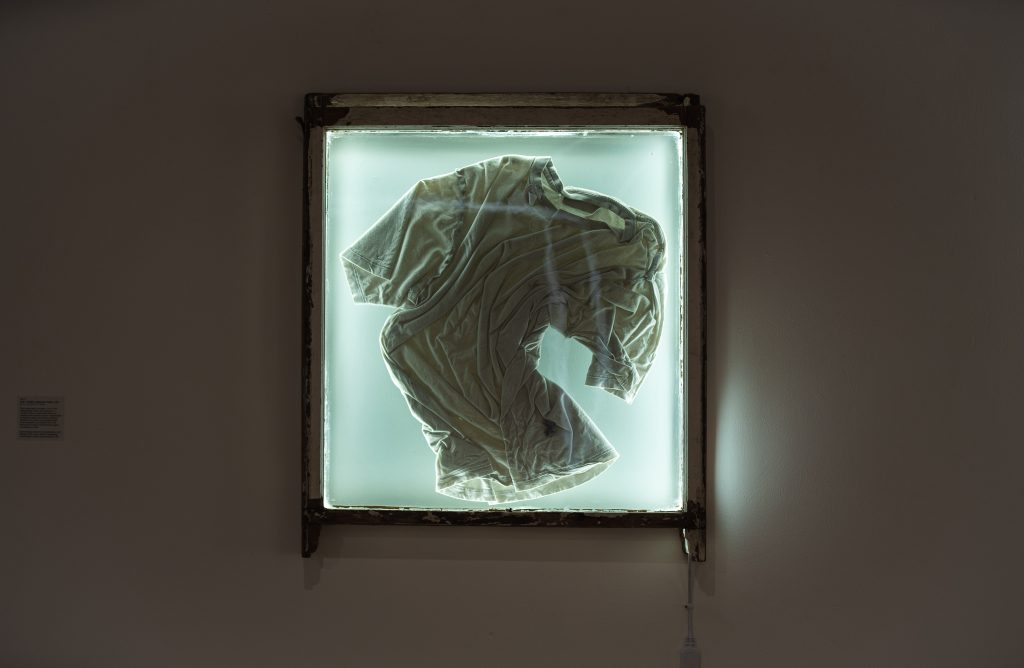The global fashion industry is undergoing a significant shift, and the way that we interact with it is changing. For centuries, we have industrialised the earth’s resources and presented fashion through a western lens, associating its influence with beauty, power, and wealth. However, we live in a time where that paradigm is evolving, and we need to utilise our design thinking to problem-solve for the future.
When reflecting upon by peripatetic role throughout this course so far, I have been introduced to Arturo Escobar and his theories surrounding design theory and
practice. The term “design consciousness” (Escobar, A., 2018) has been particularly inspirational for me as it revalidates my approach towards education and teaching-style. I do agree that as educators and practitioners, we have a responsibility and the opportunity to channel the act of making and designing towards solutions that are in tune with the planet and the people that inhabit it.
The term “radical educator” has come up regularly throughout the theory I have been referencing. Having taught at various levels within a range of institutions, never have I felt more “radical” than now. Joining a faculty world-renowned for promoting the ‘next big thing’ seemed like the right decision to make however, through practice it seems as though the infrastructure that the fashion courses are built upon are outdated, with more established lecturers being resistant to change.
Moving forward on the course, I am intrigued to read more of Escobar’s background and theories in relation to pedagogy. I hope that his theories, alongside others who speak of ecology and anthropology, will help to evidence my “radical” ideas of how to reinstate cultural relevancy into the course.

